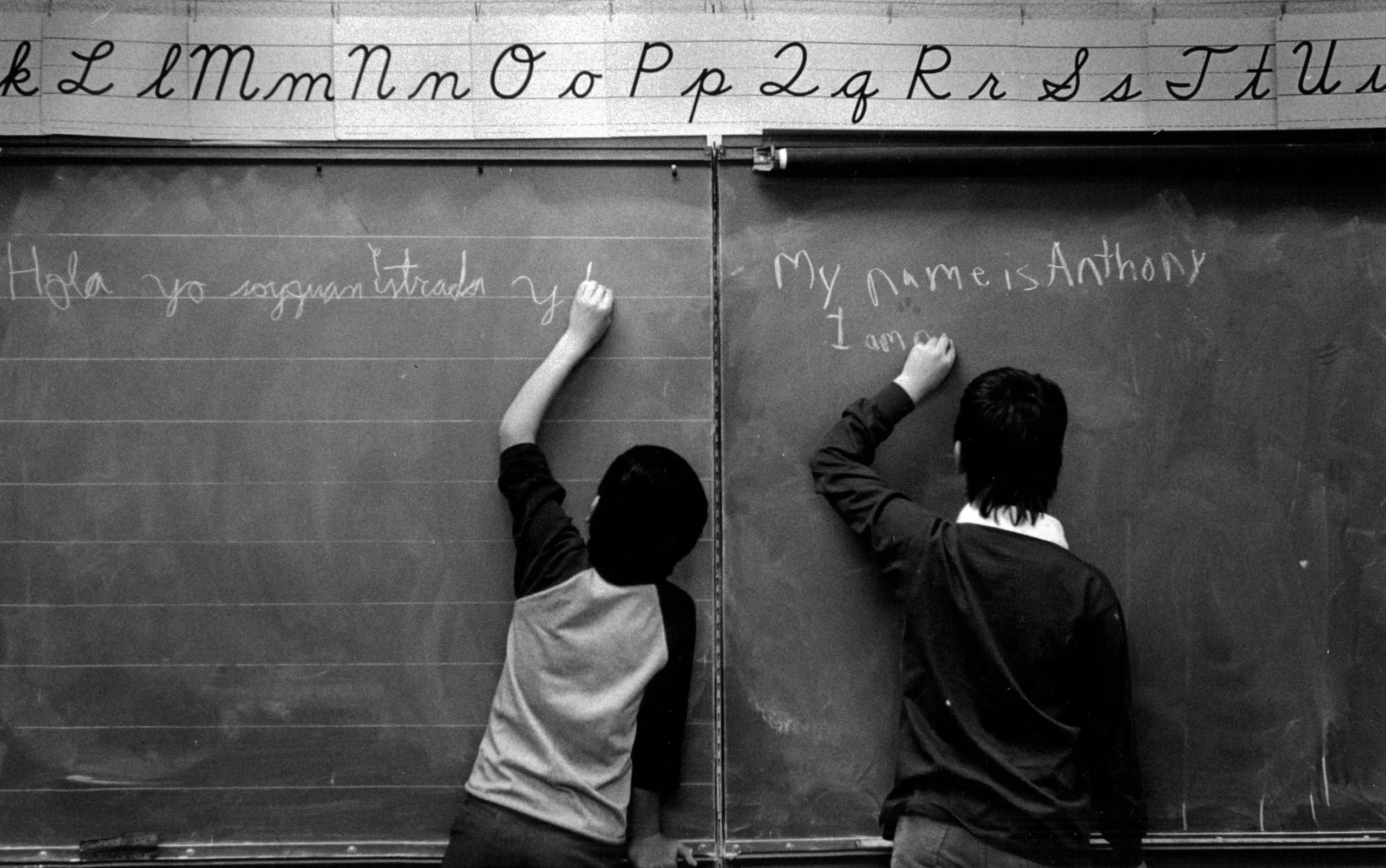- Posted on
What is postpartum depression?
Written by Chantelle Tuma
Bringing a Baby Home is a Big Adjustment
Whether you’re a new mom bringing home your first baby or a seasoned mom caring for your fourth, this new little life can be beautiful and all-consuming at the same time. This little human can make you feel overwhelmed, exhausted, cry so easily, and no longer feel interested in the things you used to love. When you talked with your family and friends during your pregnancy, they told you that caring for a newborn would be hard, and motherhood would some with it’s challenges, but now you’re thinking to yourself, “Well, this must be what my friends were talking about.” It can be very easy to try to attribute these feelings to “This is just how it is,” but there may be something bigger going on.
Recognizing Postpartum Depression
Statistically, postpartum depression affects one in seven moms, and it doesn’t matter if you’re a first-time mom or you’ve already had children. Postpartum depression can be present after some pregnancies and may not show symptoms after others. Too often, women suffer from the symptoms of postpartum depression in silence because they may be afraid to admit just how much they are suffering.
Does any of this sound familiar to you?
- “Having a new baby is hard, so all moms must feel this way.”
- ” I just had a new baby – I should feel happy.”
- “ I feel disconnected from my child so I must be a bad mom.”
So, how do you know if what you are experiencing is postpartum depression? It is not the same thing as the “baby blues.”
With postpartum depression, symptoms may include:

- A depressed mood most of the day and almost daily
- Loss of interest in things
- Loss of feelings of joy or pleasure
- Changes in weight or appetite
- Difficulty sleeping
- Fatigue or low energy
- Feelings of worthlessness
- Excessive feelings of guilt
- Difficulty concentrating
- Recurrent thoughts of self-harm, death or suicide
Some of these symptoms can be challenging to distinguish from the adjusting-to-a-new-baby phase. You may feel exhausted with no energy…but is this because the baby is waking up frequently at night or because you are struggling with postpartum depression?
What Should You Do If You Think You Are Suffering From Postpartum Depression?

1.Let your family or partner know how you are feeling.
It is important for your support system to be aware that you are struggling. You may not know what you need from them, but it is important for them to know you don’t feel like yourself and that you need help. If they offer to step in to help with tasks to alleviate some of the overwhelm, allow them to take some of that burden off of you.
2.Talk with your OB-GYN or midwife.
Your care provider needs and wants to know how you are feeling mentally and emotionally. Too often, the care for moms after delivery takes a back seat as the needs of the baby tend to be top priority. Call your doctor’s office or schedule an in-person or telehealth visit to express your concerns over how you have been feeling.
3.Meet with a therapist or counselor.
When you are feeling depressed, the thought of having to get ready and leave the house, especially with a baby, can feel absolutely overwhelming. By meeting with a counselor, you can receive the mental and emotional support you need from the comfort of your house. Being able to talk with a mental health professional about your thoughts and feelings can help bring relief from some of the depressive symptoms you are experiencing.
If you’re a mother experiencing symptoms of postpartum depression and aren’t sure how to cope, reach out to us.
Remember, this too shall pass, with help. Seek it. Ask for it. Reach out. Be proactive. You’re not alone.
References:
https://www.psychiatry.org/patients-families/postpartum-depression/what-is-postpartum-depression
https://www.healthline.com/health/depression/postpartum-depression#causes-and-risk-factors




